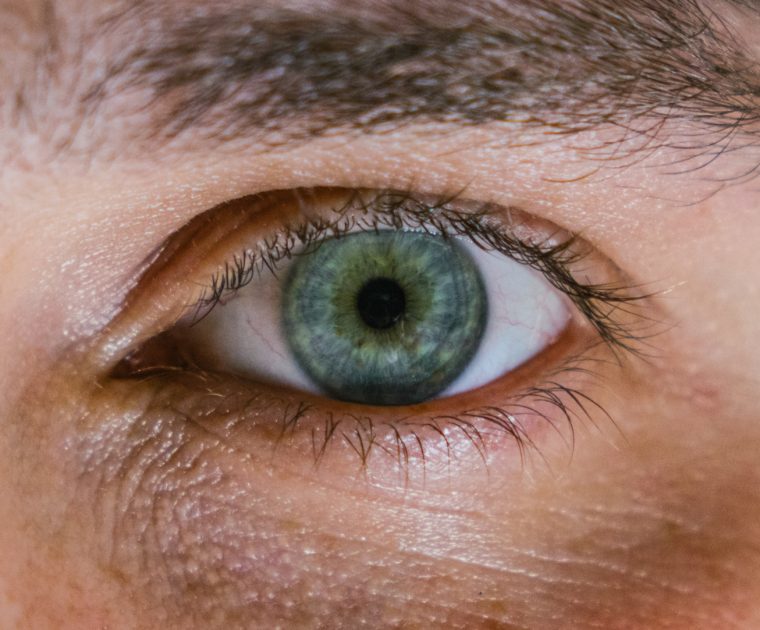Recently I was asked to discuss the pros and cons of “early cataract surgery.”
Often, ophthalmologists will discuss with a patient whether or not a cataract is “ripe for surgery.” Read below for my response to this question:
By definition, everyone who lives into their 50’s or 60’s will demonstrate evidence of cataract on a complete eye exam. We are all born with a natural lens inside each eye that is normally perfectly clear. As we age, that structure becomes more dense, turns a yellowish-brown color, and can develop other imperfections. When the lens is no longer perfectly clear, we call it a cataract.
In the 21st century, cataract surgery has quickly become one of the most commonly performed procedures in America. Practically overnight, this surgery can improve the clarity, contrast, and quality of vision with a procedure that usually requires minimal recovery. As a surgeon, it is quite rewarding to share a patient’s reaction as they discover their new postoperative vision.
Historically, Medicare has had strict visual acuity criteria that determined the criteria by which a cataract surgery would be considered “medically necessary.” These days, the visual acuity requirement has been relaxed. Instead, an ophthalmologist must document a series of visual symptoms, caused by cataract, that are detrimental to the patient’s quality of life or safety.
Some patients are not aware that a person can have a cataract and still enjoy crisp, 20/20 vision. In fact, most people probably have cataract findings for over a decade before it becomes symptomatic. As ophthalmologists, we may say that a cataract is not “ripe” if it exists but the patient still retains excellent vision.
Despite the routine nature of cataract surgery these days, every procedure still has its pros and cons. Even in cases of perfectly performed surgery, there is always a slight risk of unwanted outcomes including infection, bleeding, or other unwanted changes to the vision. Additionally, while technology is always improving, our lens implants still can’t perfectly replicate all of the functions of the natural lens.
It is important to weigh patients’ possible outcomes against their expectations. If a person is seen in the office who has a cataract but does not feel limited by their vision, observation is always best. On the other hand, early cataract surgery may be indicated in certain scenarios. For example, if a patient demonstrates good visual acuity but is debilitated by glare when driving at night, he or she may be a good candidate for early cataract surgery.





